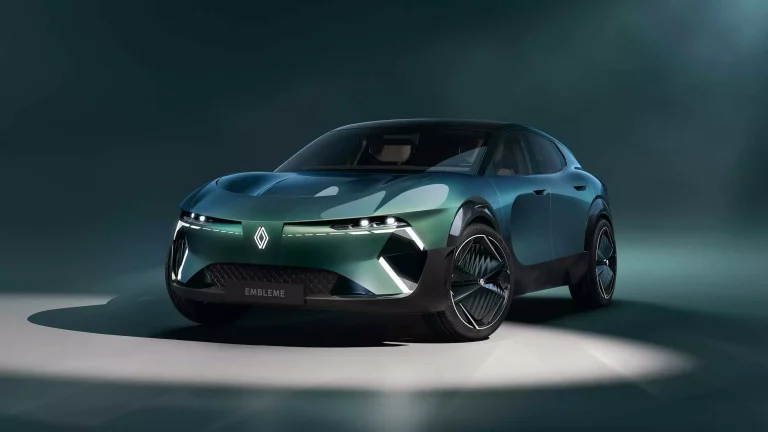Cooper Standard has collaborated with Renault Group on the Renault Emblème project, an eco-friendly family demo car that aims to reduce CO2 emissions over its lifecycle. The project integrates two of Cooper Standard’s low-carbon, high-performance vehicle innovations – the FlexiCore thermoplastic body seal and FlushSeal sealing system.
“We were honored to be selected to collaborate with Renault Group on the Emblème project, showcasing our innovative sealing systems that support vehicle design evolution and climate goals,” said Patrick Clark, president, sealing systems, and chief manufacturing officer, Cooper Standard.
“As the automotive industry accelerates toward net-zero targets, Cooper Standard continues to lead the way by developing forward-thinking solutions that balance environmental responsibility, high performance and cost effectiveness.”
Sustainable progress
As part of the collaboration, Cooper Standard replaced its traditional rubber-and-metal sealing system with a fully thermoplastic solution using its FlexiCore body seal. This transition supports a lighter and more sustainable vehicle design, helping to lower CO₂ emissions during production. The seal is also fully recyclable, representing a significant improvement in material efficiency and environmental performance.
The Emblème demo car also incorporates Cooper Standard’s FlushSeal sealing system, which features the company’s next-generation aerodynamic design with enhanced window guidance and offers material flexibility with lightweight options.
Vehicle aesthetics
The Emblème project marks the first time Cooper Standard has validated a fully colored visible surface on an automotive door seal using its FlexiCore thermoplastic body seal, introducing new possibilities for interior aesthetic customization.
The FlushSeal sealing system also enables the trend for flush glass, or flush glazing, combining “style with cutting-edge technology to improve both vehicle appearance and performance”, the company said.
In related news, Renault has committed to eliminating the use of animal leather across its entire range of vehicles by the end of 2025, following talks with PETA France, which shared its Vegan Car Interior Survey showing a trend toward animal-free car interiors amid growing consumer demand. Read the full story here



